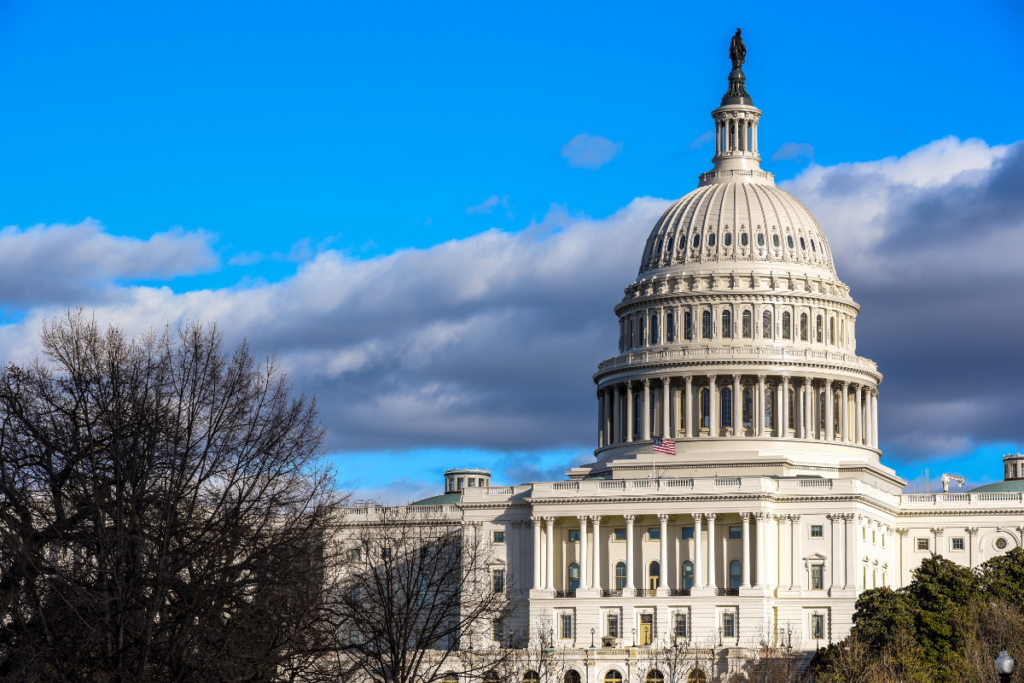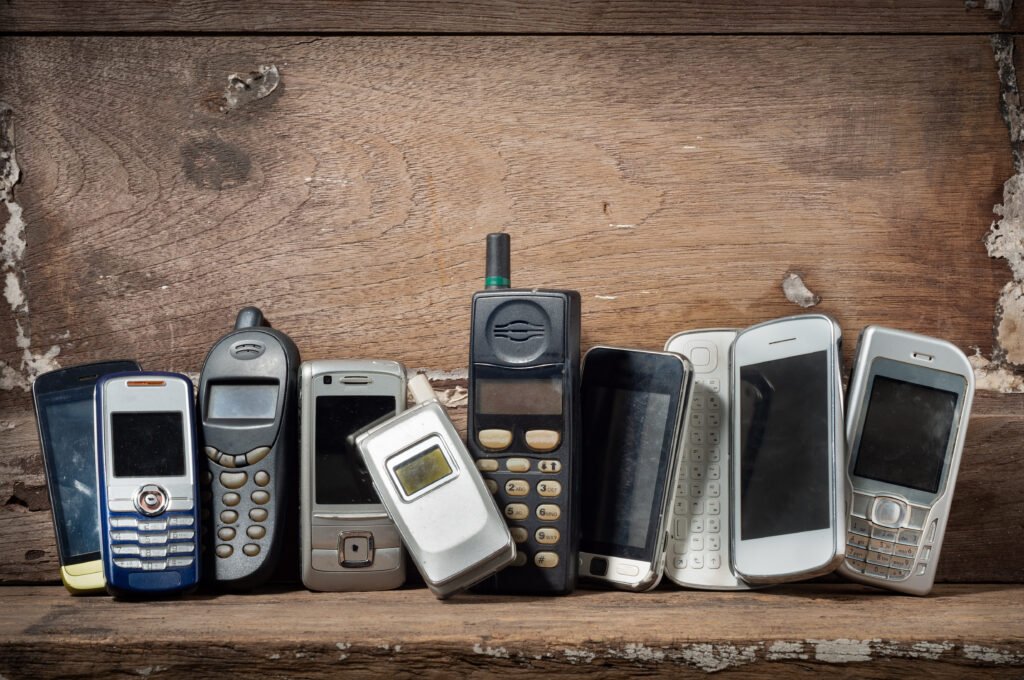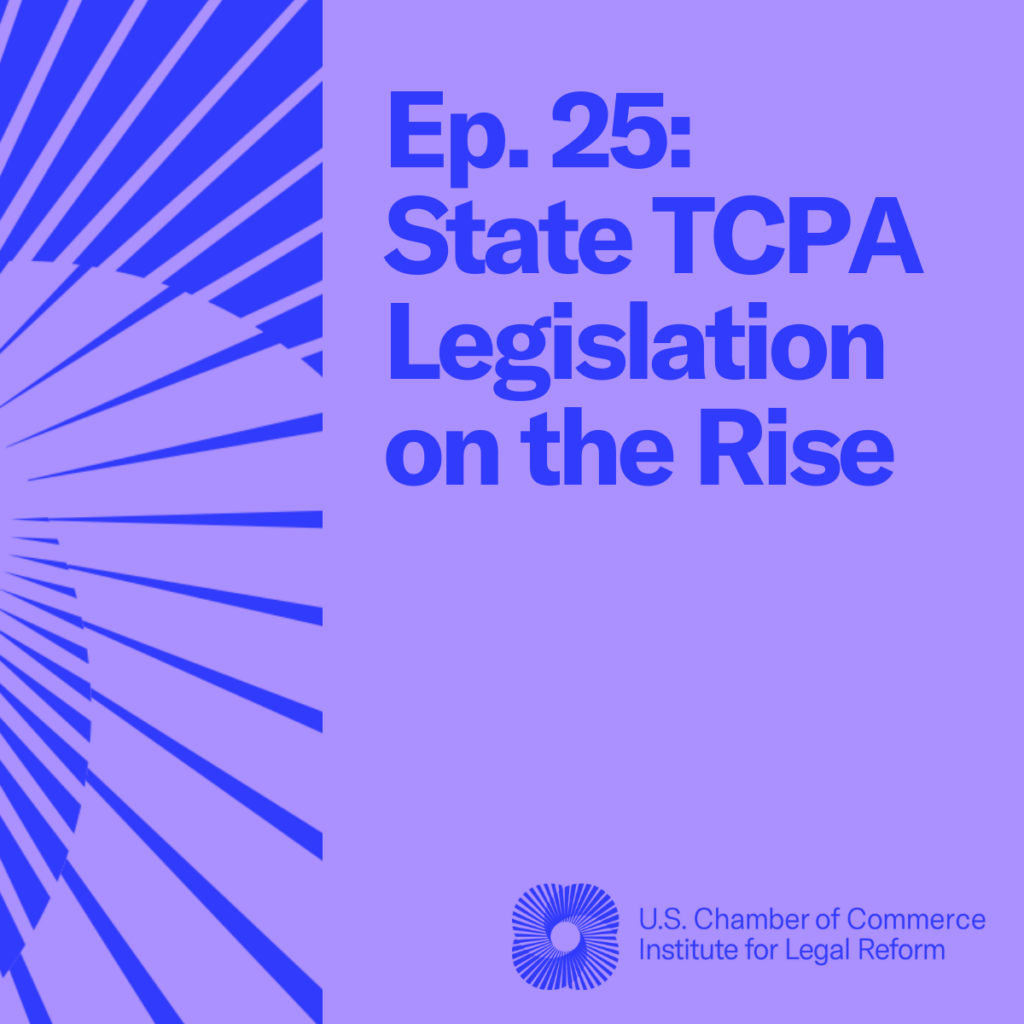Three weeks ago, U.S. Chamber Institute for Legal Reform (ILR) President Lisa A. Rickard said the Telephone Consumer Protection Act (TCPA) has become a “goldmine for plaintiffs’ attorneys.” Specifically, she said the law has become a “cottage industry” for professional plaintiffs and their lawyers to hammer businesses with “crushing litigation based on technical missteps.”
Worse, she said TCPA litigation is often not even “aimed at the bad guys,” but instead at “U.S. companies with sophisticated compliance programs and small mom-and-pop businesses that were simply trying to communicate with their customers.”
Earlier this month, ILR Executive Vice President Harold Kim said urgent action is needed to stop the ongoing lawsuit abuse against American businesses since most recent TCPA lawsuits were not aimed at the abusive robocalling operations that still plague Americans.
Now, a Florida plaintiffs’ attorney who specializes in filing TCPA lawsuits essentially admitted the truth in these comments when he said the only way he can get “millions of dollars in compensation” is to file lawsuits against “legitimate businesses.” He went on to admit that such lawsuits have “not cured the problem” of robocalling.
In an interview with the Sun Sentinel, Michael Greenwald of Greenwald Davidson Radbil PLLC in Boca Raton, Florida, commented that the TCPA does not have “a very good solution” for stopping “illegitimate entities” from robocalling. Instead, he has to target his litigation against businesses who use legitimate tactics to communicate to consumers rather than the bad actors who have been illegally blowing up phones across the country. Even the trade association that represents lawyers like Greenwald has felt the heat of abusive TCPA litigation.
This is about as big a reason to update the 26-year-old law as any. Now that a plaintiffs’ lawyer admitted that the law cannot stop bad actors, but actually increases litigation against honest businesses, Congress and federal agencies should immediately take action.
The Federal Communications Commission (FCC) can start by giving businesses clarity on what is and what is not an automatic telephone dialing system. ILR, along with a coalition of 17 other business groups, recently filed a petition to the FCC asking for such clarification.
When clarity is not enough and bad actors continue to take advantage of modern technologies, the FCC can—and should—use its enforcement authority. Last week, the FCC fined a Miami-based robocaller $120 million for illegally placing approximately 97 million calls in three months from offshore call centers who disguised their calls with phone numbers of legitimate businesses. This is a perfect example of the kind of bad actor that the FCC should target.
Congress should also take up legislative fixes to the law, which was originally passed long before today’s technology was even imagined. The U.S. Senate Commerce, Science and Transportation Committee held a hearing on robocalls last month, at which an ILR representative testified. Hopefully that hearing is backed up by concrete legislative action.
We knew TCPA lawsuit abuse was bad when we discovered that lawsuit filings skyrocketed 46 percent in the 17 months after the FCC broadened the scope of the law in 2015. We knew it was getting worse when more stories of professional plaintiffs stockpiling phone numbers came out. Now, we have a plaintiffs’ attorney corroborating the evidence we’ve been presenting.
It’s time for action. Congress and federal regulatory actions should heed Greenwald’s words and make changes to ensure legitimate businesses are not ensnared in litigation that should be aimed at bad actors.



